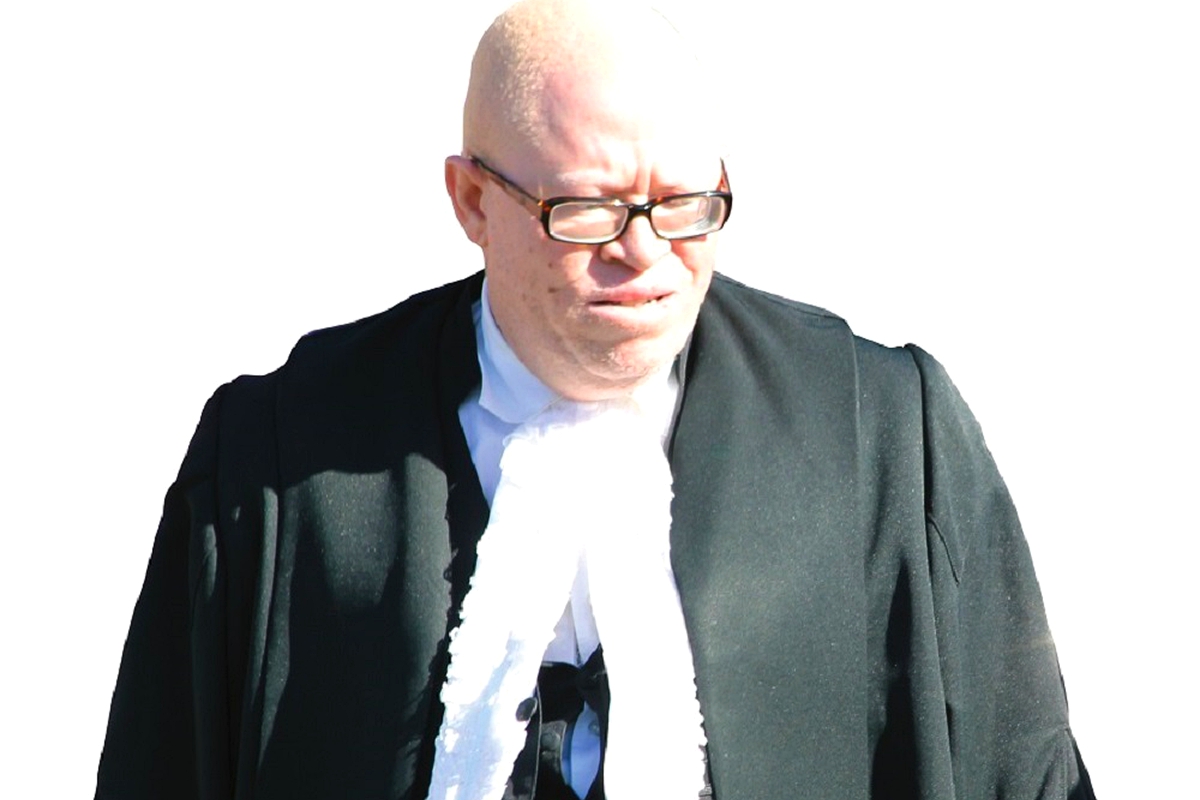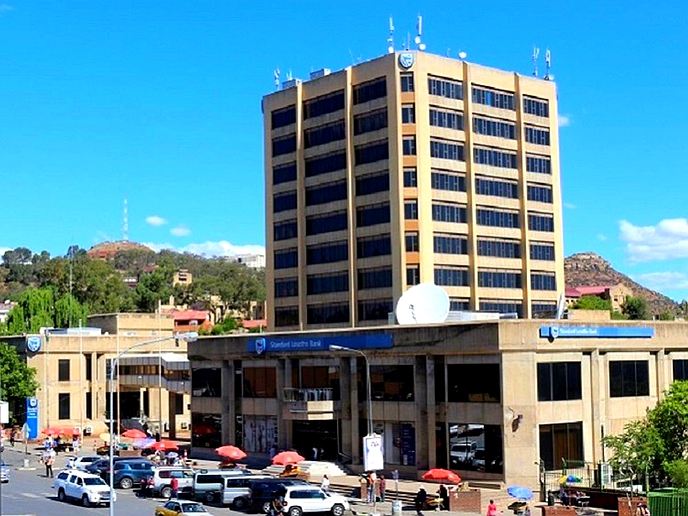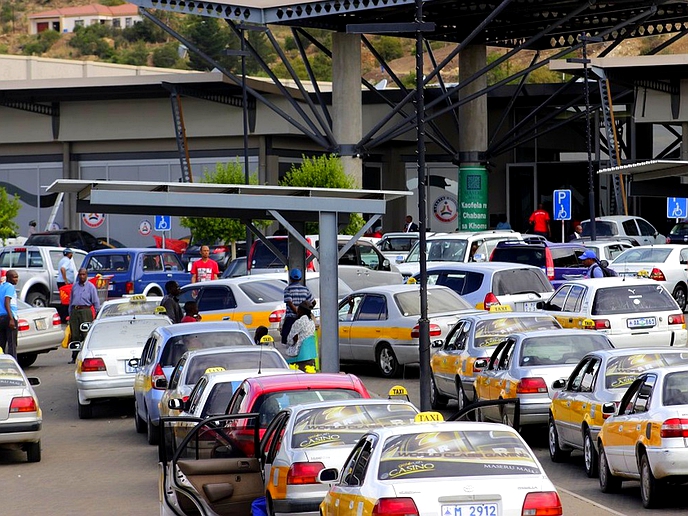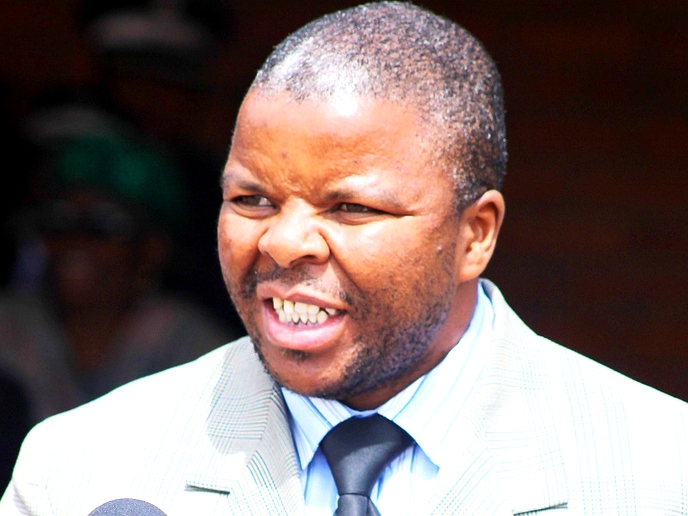A protracted legal scuffle in which a former representative of the British American Tobacco company (SA) in Lesotho Thabang Qathatsi wants the Lesotho Revenue Authority (LRA) to repay him the Pay as You Earn (PAYE) Tax he was overcharged has been postponed to the October session of the Appeal Court as the appellant has not yet secured leave to appeal.
business
May 18, 2021
METRO REPORTERS
4 min read
Ex SA tobacco firm worker fights LRA for refunds

President of the Court of Appeal Prof Kananelo Mosito
Qathatsi who is an accountant by profession worked for the tobacco company from August 1, 1996 until December 1, 2007.
In his court papers, he declares that during the 10 years and four months he spent as an employee of that international company, the firm unlawfully deducted a total of M100 768.42 in PAYE Tax from his salary.
Upon his retirement, the company also unlawfully made him pay Fringe Benefits Tax to the value of M192 428.
Aware of the miscalculations, Qathatsi approached LRA’s then Commissioner General who accepted the liability and promised to pay the refund but that when the reimbursement was subsequently made, it was insufficient.
Qathatsi sought to assist the authority to correct the blunder but was instead rebuffed by the Commissioner General.
The authority instead refunded him M21 169.88 from the M100 76.42 and declined to give him the remaining M79 59.54.
It also gave him a M73 021 refund from the M192 428 and refused to pay the M119 407 balance.
Therefore, the total balance the LRA owes him amounts to M199 005.54 plus interest accrued from 1996 to date, at 18 percent interest per annum.
But the LRA’s case is that the appellant is not owed the balance he wants.
This prompted Qathatsi to approach the Revenues Tribunal sometime in 2012 and asked it to determine whether the Commissioner General’s assessments of the Fringe Benefit Tax along with the PAYE Tax he was paid were correct.
But the tribunal ruled in favour of the LRA, deciding that the gross income figures claimed by Qathatsi were unverifiable.
The tribunal also showed that Qathatsi had failed to make a prima facie case and that he was likely to lose in his claim before dismissing his application.
He consequently took the matter to the Commercial Court in 2012 but three years later, the court dismissed the case, contending that he had failed to file grounds for appeal.
He then escalated the matter to the civil division of the High Court in 2013, asking for a review of the tribunal proceedings. But the court directed that the matter be referred back to the tribunal to be determined on merits, in order to establish whether or not Qathatsi was owed as he claimed.
But the decision was opposed by the LRA which instead approached the Appeal Court. The court ruled in favour of the authority, forcing Qathatsi to return to the tribunal to raise the same complaints.
However, the tribunal dismissed his claim, saying the matter had been adjudicated by a competent court and that the tribunal lacked any powers to re-examine that decision.
Qathatsi once again took the matter to the Commercial Court, seeking a review of the latest proceedings before the tribunal. But the court struck the application from the roll, requesting a proper record. The application was re-launched and was dismissed for lack of grounds of appeal filed of record.
Qathatsi then applied for leave to appeal in September 4, 2020 in the High Court and the matter was scheduled for February 11, 2021.
Enjoy our daily newsletter from today
Access exclusive newsletters, along with previews of new media releases.
The application, however, failed to kick start in April; instead, the court relied on heads of arguments filed by both parties.
When Qathatsi took the trial to the Appeal Court, the LRA argued that his special application was still pending.
In his appeal papers, Qathatsi is appealing the High Court decision and the rulings by the tribunal. He contends that the tribunal misdirected itself in ruling that it does not have the powers to re-examine the decision made when he approached it for the second time.
He also argues that the Commercial Court was not properly constituted in terms of laws governing tax tribunals when it struck his application from the roll.
He is therefore asking the Appeal Court to determine if the tax tribunal was correct in finding that he is not owed any monies.
He is also asking the Apex Court to find if striking of his application from the court’s roll was within the rules of the tribunal.
He further wants to know whether it was correct for the judge of the tribunal to have considered that his application had been adjudicated by a competent and therefore might not be pursued further by the same parties.
He also wants know whether or not the said principles are part of the scheduled or related laws governing the revenue appeals tribunal.
The appeal has since been postponed to the October session of the Appeal Court on condition that the appellant secures a leave to appeal.
Tailored for you






